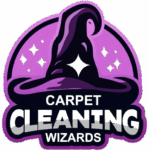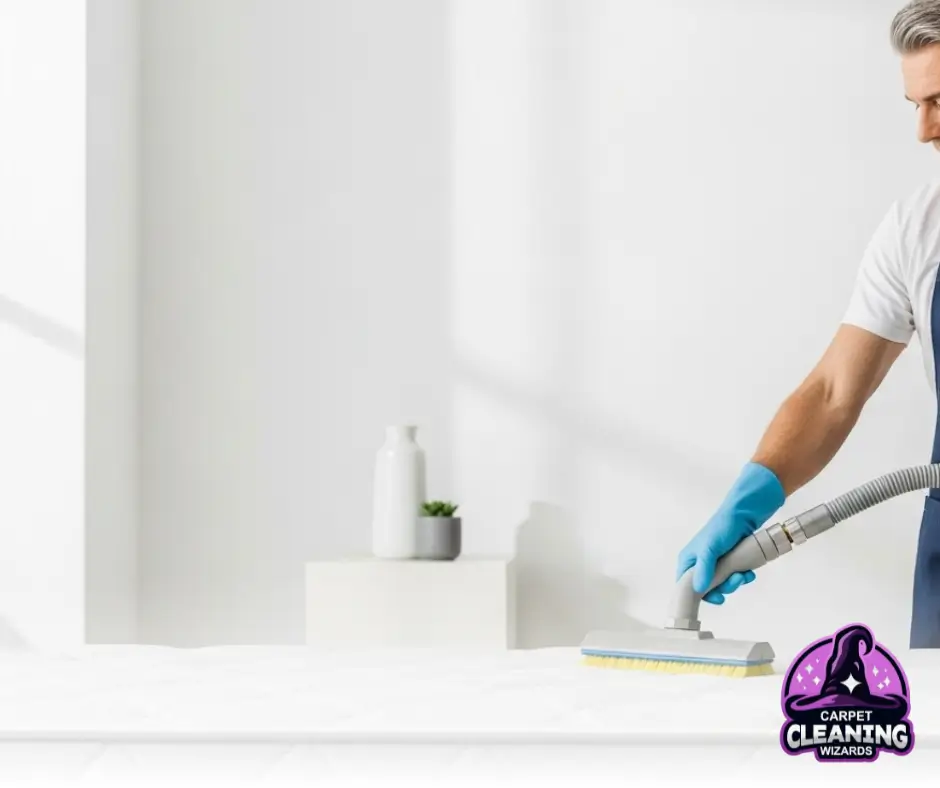Waking up with itchy eyes, sneezing, or a stuffy nose? The culprit might be hiding right beneath you—your mattress. Although often overlooked, regular mattress cleaning plays a key role in reducing allergens and improving your indoor air quality. If you’re struggling with allergy symptoms, it’s time to give your mattress the attention it deserves.
The Hidden Allergens in Your Mattress
Mattresses are prime breeding grounds for dust mites, mold spores, pet dander, pollen, and even bacteria. These allergens build up over time, especially in humid or high-traffic environments. Without proper mattress sanitizing or deep cleaning, you could be inhaling tiny irritants every night, worsening asthma and allergy symptoms.
How Mattress Cleaning Helps Control Allergies
Effective mattress cleaning involves more than just vacuuming the surface. Deep cleaning eliminates dust mites, loosens embedded dirt, and neutralizes bacteria that trigger allergic reactions. Here’s how it makes a difference:
- Reduces Dust Mites: These microscopic pests feed on skin flakes and thrive in warm bedding. Cleaning removes their food source and disrupts their environment.
- Removes Mold and Mildew: Moisture can seep into mattresses and lead to fungal growth, especially if ventilation is poor.
- Eliminates Pet Dander and Hair: Even if pets don’t sleep in your bed, their allergens can find their way into your mattress.
- Improves Air Quality: A clean mattress means fewer airborne particles floating around while you sleep.
Signs Your Mattress May Be Affecting Your Allergies
Do you wake up feeling congested or irritated? Your mattress may be to blame. Look out for these signs:
- Increased sneezing or coughing at night or in the morning
- Worsening asthma symptoms without a known cause
- Persistent itchiness or skin irritation while in bed
- Visible stains, odors, or signs of moisture buildup
If any of these apply, a professional mattress cleaning could help bring relief.
How Often Should You Clean Your Mattress?
Allergy sufferers benefit most from cleaning their mattress every 6 months. If you live with pets, young children, or in a high-humidity area, more frequent deep cleaning is often necessary. Regular vacuuming, using allergen-proof covers, and airing out the mattress can help between professional cleanings.
Tips for Maintaining an Allergy-Free Sleep Space
In addition to mattress cleaning, try these simple steps to keep your sleep environment healthy:
- Wash bedding weekly in hot water to kill dust mites
- Use a HEPA filter in your bedroom to trap allergens
- Keep humidity below 50% to prevent mold growth
- Vacuum carpets and upholstery regularly
- Avoid letting pets sleep on the bed
Better Sleep Starts with a Cleaner Mattress
Your mattress is one of the most used surfaces in your home, yet it’s often the most neglected when it comes to cleaning. By investing in routine mattress cleaning, you’re not only extending the life of your bed—you’re also protecting your health and giving your body the restful, allergen-free sleep it deserves.
Final Thoughts
If allergies are disrupting your nights and leaving you exhausted by morning, don’t underestimate the impact of a dirty mattress. Cleanliness and comfort go hand in hand. When you take care of your sleeping space, it takes care of you. Start with your mattress—it’s the secret to better allergy control and deeper, healthier sleep.

